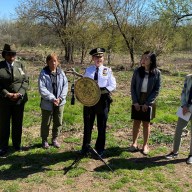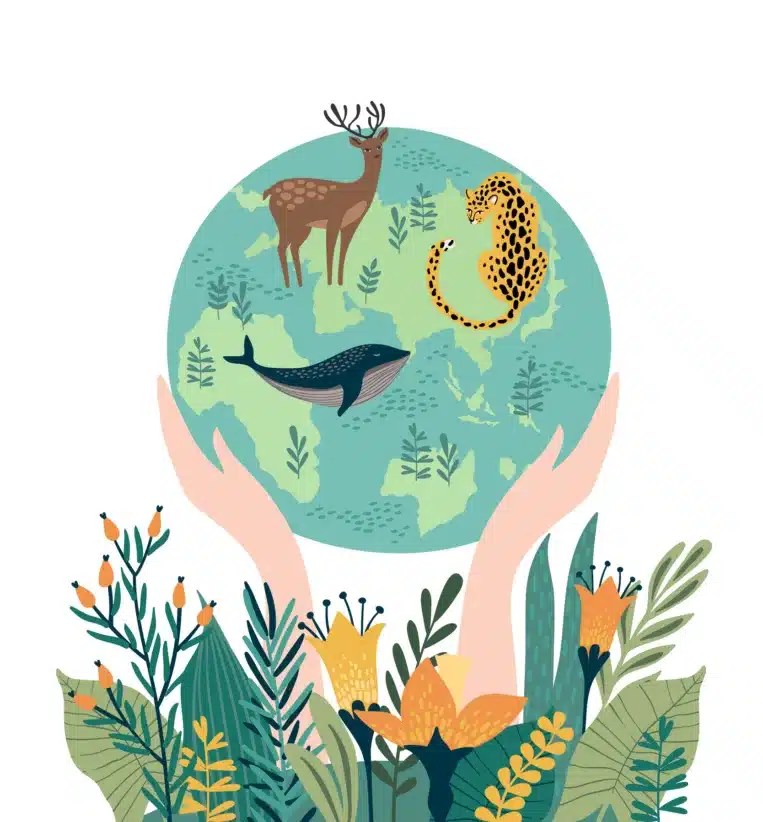By Jennifer Misthal
David Morales, the zoo's principal keeper, is applying his field work and observations from a recent trip to Yellowstone National Park to give the zoo's cougars a more natural environment.
“I'm examining the natural habitat and I'm looking for any kind of ideas to bring back to the cougar exhibit here,” he said. Morales has worked at the Queens Zoo for 10 years and deals with the training and enrichment of animals.
From June 4 to 14, Morales relocated from his Bayside home to Yellowstone after receiving a grant from Wildlife Conservation Society.
There he worked under Toni Ruth, the society's project leader at the site, and her research team tracking 22 cougars wearing radio collars that are part of a global positioning system.
The collars gave researchers the cougars' location four times a day. In addition, Morales said he would “play detective” at cougar kill sites – usually elk or mule carcasses – to learn the cougars' predatory habits.
“I'm much more educated and much more knowledgeable to educate the public,” Morales said. And he is confident his trip will help other animals as well. “Not only did I get a chance to look at the cougar habitat, I got a look at the entire ecosystem,” he said.
After receiving two cougar cubs, Felix and Cleo, last year, the Queens Zoo's cougar program is still in its nascent stage, Morales said. Their mother was shot on the Rocky Boys Reservation in Montana, home to the Chippewa Cree tribe. Not long after, Felix and Cleo appeared around Yellowstone.
“We've raised them since they were two months,” he said. “They're not shy. They're not afraid of us at all.”
Felix and Cleo's training is moving rapidly, Morales said, proud that they can sit, lie down and examine their paws.
His time at Yellowstone altered his attitude toward Felix and Cleo.
“It was very emotional at times to see the life they could have had. It motivates me to give them the best life possible,” Morales said. “Now when I look at Felix and Cleo, I completely look at them in a different light. It makes me … want to go that extra mile.”
Finding ways to apply his research and spread the conservationist message is still a challenge for Morales. But he is certain about one thing: “I want to enhance the cougar exhibit,” he said, adding that noticeable changes will take between six months and a year.
This was not Morales' first time leaving Queens to improve zoo conditions.
In addition to cougars, Morales works with the spectacled bears conservation program at the zoo and in 2003 he spent two weeks in Ecuador studying the animals with Isaac Goldstein, a conservation biologist.
“It is not an easy task to bring the wild to the zoo, but it is good for the animals and nice for the zoo visitors,” Goldstein said in an e-mail from Venezuela that went on to describe Morales as enthusiastic about his work.
Morales plans to continue his field work and expressed confidence he and another colleague will receive the necessary funding to travel to Venezuela in November.
“Expanding the role of a zookeeper into the field helps better educate and understand the animals you care for in captivity,” Morales said.
Reach editorial assistant Jennifer Misthal by e-mail at news@timesledger.com or call 718-229-0300, Ext. 173.





























